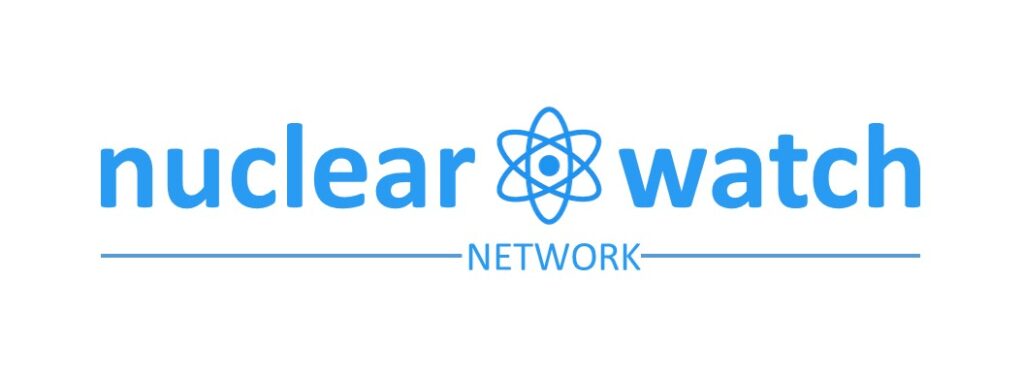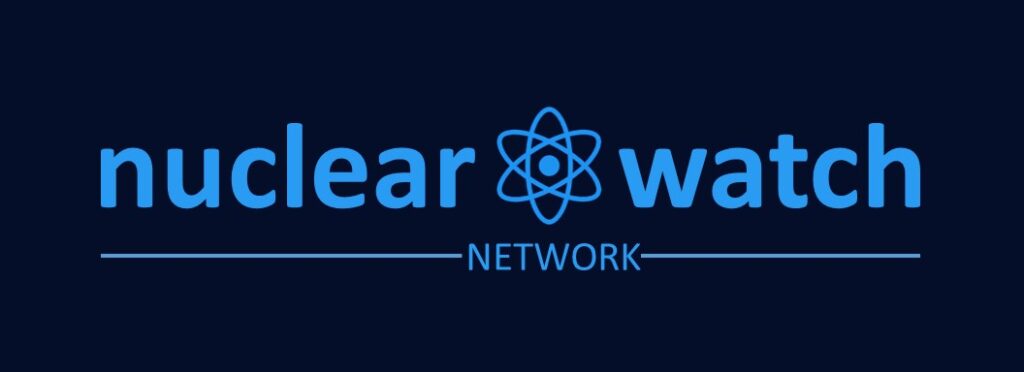IAEA Should Balance Mutual Actions
Kayhan Barzegar, April 12, 2024
Kayhan Barzegar is Professor and Chair of the Department of Political Science and International Relations at the Science and Research Branch of the Islamic Azad University
In his last interview with PBS network concerning Iran’s nuclear program on March 30, 2024, the Director General of the International Atomic Energy Agency Rafael Grossi stated that Iran’s nuclear program is advanced and complicated and that the Agency’s current monitoring and verification activities do not provide enough evidence to confirm that the program is peaceful. He also emphasizes that the main reason for the differences between the Agency and Iran is the lack of diplomacy between the JCPOA parties. However, the point that the Director General neglects is the need to use the principle of mutual balance in measures to advance nuclear diplomacy between the involved parties, as well as the Director General’s negligence to the facilitating and neutral role to withdraw from the current nuclear negotiations stalemate.
In this context, Iran and the IAEA (read Western powers) have two completely divergent expectations. For Iran, the central issue is to provide the necessary “guarantees” from the Western side to fulfill the obligations presented on the foundation of the Joint Comprehensive Plan of Action (JCPOA), and for the IAEA, the central issue is to conduct further monitoring and verification activities, including more inspections in order to reach more transparency in Iran’s nuclear program. However, the advancement of nuclear diplomacy in the “Iran-IAEA-5+1” triangle is only possible when the parties could identify the Zone of Possible Agreement (ZOPA), thereby extending a sort of equilibrium between the two above-mentioned issues.
The fact is that the JCPOA was a “road map” to reach a specific goal that was signed with a purposeful modality and with meticulous technical and political details, based on a 20-year process. Iran’s specific objective in the JCPOA was to lift sanctions, along with maintaining its peaceful nuclear program.
The specific objective of the West and other parties to the JCPOA was to ensure that Iran’s nuclear program would not be weaponized. Of course, the Western side also hoped for other settlements in the regional and missile areas after the signing of the JCPOA. However, with the unilateral withdrawal of the United States from the JCPOA on May 18, 2018 and the failure to lift the sanctions, the entire foundation of the JCPOA was diverted from its original path. Especially when the EU-3 despite their opposition to the US withdrawal from the deal, were unable to fulfill their JCPOA obligations, including providing a financial transfer mechanism, dubbed as INSTEX, to help lifting sanctions.
The West’s failure to meet its obligations under an international agreement, approved by the United Nations Security Council, directed the Iran’s public and power structure towards taking countermeasures to balance the process of nuclear negotiations. A few months later, the Iranian Parliament (Majlis) ratified “The Strategic Actions Law to Lift Sanctions and Protection of the Interests of the Iranian Nation” on December 9, 2018. This Law obliges the Iranian government, among other things, to increase the capacity of nuclear activities and carry out 20% uranium enrichment.
In this respect, Iran’s balancing measures was placed in the agenda of Iran’s nuclear diplomacy, aimed at increasing Iran’s bargaining power in order to preserve the line of diplomacy. In fact, Iran’s actions in increasing the degree of enrichment, advancing research and development activities, and even seizing some IAEA’s inspections activities beyond the Comprehensive Safeguards Agreement (CSA), including the voluntary implementation of the Additional Protocol, all were conducted in the context of the Majlis Law, aimed at strengthening Iran’s bargaining power in the negotiations, and ultimately preserving the JCPOA (just as the West’s policy to impose sanctions on Iran to prevent war as a pretext). Later, Iran’s counterbalancing measures were considered by the Western side as a step towards nuclear threshold, subsequently increasing further political and economic pressures on Iran.
Contrary to the view of the Director General, the fact is that no country has cooperated with the IAEA as much as Iran in the field of monitoring and verification. In the Agency’s Safeguards Implementation Report for 2022 (SIR2022), which was published in May 2023, the total number of inspections conducted by the Agency on all countries that have implemented the CSA, but do not implement the AP (a total of 47 countries, such as Iran) was 628. In this context, a total of 448 cases (71% of inspections) were related to Iran. Adding to this wide number of inspections, there are other verification activities such as supplementary access, supplementary information verification, physical inventory verification by the agency, which all have the nature of inspection, although the title of inspection is not applied to them.
Additionally, the IAEA’s proposed inspectors for designation in Iran is a matter of state’s sovereignty, and countries have the right to express their opinion regarding the acceptance or rejection of the proposed inspectors according to Article 9 of the CSA. Of course, the same Article mentions that the act of rejection should not be in the form of “repeated refusal”, which is irrelevant about Iran’s action from a specialized view. Iran believes that the performance and reports of some of these inspectors is rather political than technical. In this respect, one should note that the Agency and Director Grossi should even appreciate Iran’s actions, which unilaterally, without considering the principle of “balance in actions”, and least removal of sanctions, continues to positively cooperate with the IAEA. The fact is that any intensification of Iran’s nuclear activities can be reversed, if the Western side demonstrate goodwill, positive, and tangible actions. For instance, Iran can even return to the voluntary implementation of the AP and limit the level of uranium enrichment according to its needs. However, and on the other hand, the harmful effects of sanctions are not essentially comparable as even with their removal, the detrimental effects of them on Iran’s economy will remain for a while.
Undoubtedly, any nuclear program has the potential to be weaponized. However, Iran’s nuclear position is completely transparent and is based on the advancement of peaceful nuclear activities. In terms of deterrence, Iran is confident that with its conventional and advanced defensive and offensive missile systems is capable of tackling conventional or unconventional military threats, and therefore acquiring nuclear weapons will only increase Iran’s political costs and therefore has no place in Iran’s defense strategy. In this respect, comparing the situation of Iran’s nuclear program to the situation of Iraq in the late 1980s by the Director Grossi is a peculiar analogy, as Iran has no secret nuclear activities.
Lastly, Iran’s nuclear program has a history of more than half a century and enormous expenses have been paid for it. From this aspect, one could never imagine that such a massive program will be shut down. Perhaps one positive point in the Director General’s recent statement is the necessity of pursuing diplomacy in any possible circumstance. Nevertheless, the continuation of diplomacy itself requires the observance of balance in mutual actions. The question is whether the Western powers currently desire to advance diplomacy to solve Iran’s nuclear issue by taking concrete measures. At the moment, Europe has lost its political consensus towards Iran due to sideline matters such as the wars in Ukraine and Gaza and human rights issues in Iran, and the Biden administration has deprioritized Iran’s nuclear issue in its foreign policy agenda in order to avoid sensitivities in the year of the presidential elections.
In such circumstances, the IAEA Director General’s remarks concerning the insufficient levels and depths of the inspections to determine the peaceful nature of Iran’s nuclear program, only lead to doubt in the role of the Agency as a point of contact between the negotiating parties. Such statements add to the uncertainties in boosting Iran’s nuclear diplomacy with the great powers, risking the entire pace of conducting diplomatic approach. The major task of the Director General is to identify the zone of possible agreement among the involved parties striving to resolve the existing differences peacefully and co-existentially.

